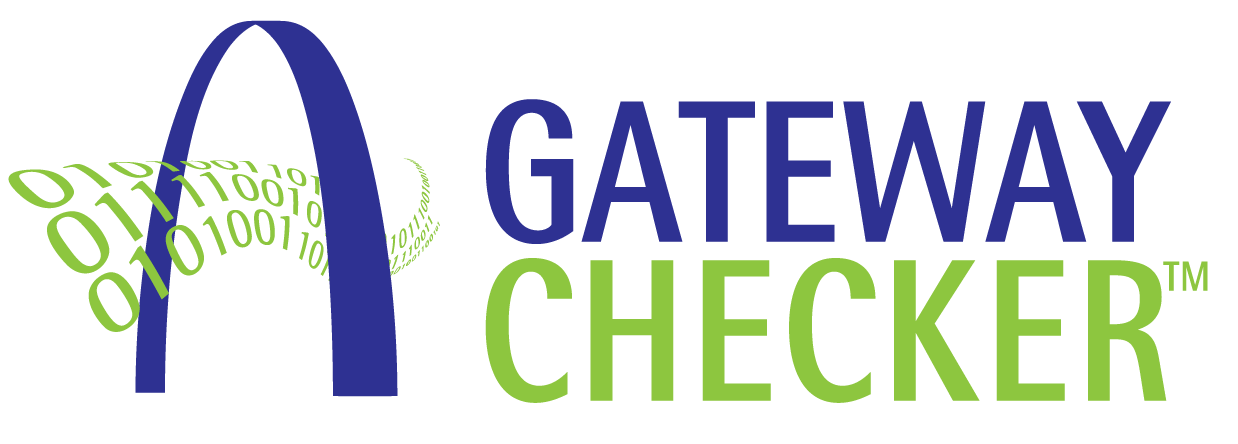
Photo Credit: Freepik
How VRS Benefits the Entire Pharmaceutical Supply Chain
Last Friday, I described the importance of Verification Router Service (VRS) systems, introducing the benefits they provide within the pharmaceutical supply chain. As emphasized previously, the value of VRS systems extends beyond saleable returns, helping streamline product verification for trading partners and ensure product legitimacy. In this article, I dig deeper into the importance of product verification, and specifically, how VRS systems enhance supply integrity beyond saleable returns.
Manufacturers:
As the starting point of the supply chain, manufacturers are responsible for establishing accurate drug transaction records for each ownership change; they must inform trade partners when product is substandard, illegitimate, or for some reason is no longer fit for consumption. According to the DSCSA, manufacturers are required to respond to requests for product verification within 24 hours for any authorized trade partner, regardless of any direct relationship with that trade partner.
VRS systems allow manufacturers to confirm product identifier information (lot number, expiration date, trade identifier, and serial number) to other trade partners across the supply chain, within seconds. Absent a VRS, manufacturers must provide another method that executes the same product verification response (e.g. utilizing email or the telephone); alternatives are not only less effective, but also, more expensive.
Manufacturers who use VRS systems gain insight into all product verification requests, which include requester identification, email, phone number, and location. With widespread utilization of VRS for status checks, incoming inspection, and outbound checking, manufacturers gain additional product-specific supply status by trade partner, volume of activity, and location. VRS also enables early warning of nefarious activity, including product diversion and counterfeit activity.
Distributors:
Under the DSCSA, wholesale distributors are required to verify the authenticity of returned products before these goods re-enter the supply chain. If there is evidence that a returned product has been properly handled and is not expired or damaged, and its product identifier is verified, then that product can be resold. VRS systems provide immediate product verification, minimizing determination delays and helping prevent quarantines that may impede medication delivery.
Expanded use of VRS, beyond saleable returns, can facilitate confidence in authenticity and suitability for further distribution. From inception, VRS is enabled to indicate if a specific product is suspect, illegitimate, or recalled. Integrating product verification requests into a distributor’s workflow can make the process more efficient and seamless, while yielding proactive awareness of pharmaceuticals not suitable for further distribution.
Widespread VRS use by distributors enhances the aforementioned benefits to manufacturers. However, distributors are likely to consider expanding use of VRS only after increased participation by manufacturers. So chickens and eggs need to worry less about which comes first, and commit to greater utilization for the benefit of the US pharmaceutical industry.
Dispensers:
For dispensers, product verification through VRS systems allows for authentication of products both received from distributors, and product brought to their attention by patients. In a recent investigation of suspect product, the Arkansas Board of Pharmacy demonstrated the value of VRS systems by successfully detecting counterfeit Ozempic.
The efficacy of these systems in preventing suspect and substandard product from reaching patients results in greater consumer trust in the supply integrity of pharmaceuticals, and possibly individual pharmacies as well.
Conclusion
VRS Systems are vendor-independent—regardless of a trade partner’s role in the pharmaceutical supply chain, there’s substantial benefits to implementing these systems. Instantaneous product verification minimizes supply chain disruptions and helps prevent substandard medicines from reaching (and potentially harming) patients.
With the DSCSA deadline approaching quickly, the importance of product verification has increased substantially. VRS Systems are the most effective way to verify pharmaceuticals in accordance with DSCSA regulations. Additionally, widespread use of VRS systems can provide reliable, actionable intelligence while improving drug supply security.
If interested in increasing the use of VRS, it is a challenge to test suitability and readiness to support specific use cases. Gateway Checker’s VRS Verify™ executes drug verification requests external to the product verification responders system, enabling the ability to emulate real-world conditions and validate the functionality of the response, including access to the lookup directory.
VRS Verify™:
- Ensures the VRS system produces accurate and timely responses to verification requests.
- Automatically generates and executes VRS validation test scripts.
- Generates documentary evidence of tests executed and the results.
- Assesses readiness of the VRS system to meet user and industry requirements.
Solution providers and manufacturers that successfully execute VRS Verify™ test scripts can become Gateway Certified, the industry’s seal-of-approval that a VRS system functions as necessary and adheres to strict industry requirements.
To learn more about VRS Verify™, and for a complimentary product verification assessment, visit this link.
Coming Up Next: “Ensuring VRS System Functionality: Why VRS Validation is Essential”

